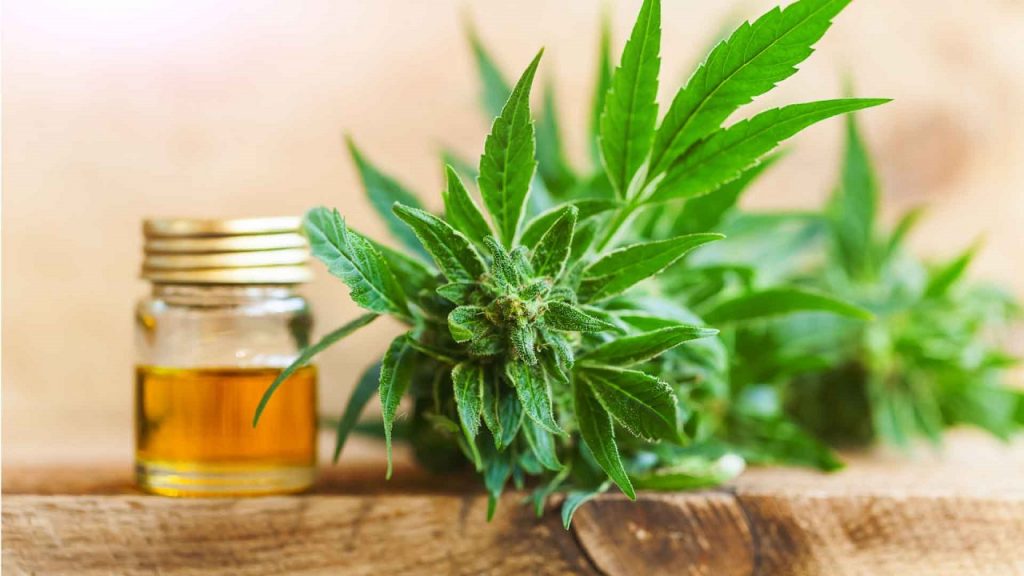In states in the USA where cannabis has been legalized, there has been no significant increase in psychosis according to evaluations of over 63 million medical records.
“The psychosis came on very gradually. I was constantly interpreting something into people, things and images that wasn’t actually there. And if there were little glances from people, I immediately interpreted them somehow, ‘he’s watching me’ or something.” Oliver talks about his psychosis in a drugcom video. Twice it got so bad that he had to be treated in a psychiatric clinic. He had previously consumed cannabis regularly. It was only after he stopped smoking pot that he managed to be permanently free of psychosis.
Individual cases like Oliver’s cannot prove that cannabis causes psychosis. Oliver might have become psychotic even without cannabis. From a scientific point of view, however, there is certainly evidence that cannabis can trigger psychotic symptoms. However, there is also controversy in research as to whether cannabis can be responsible for psychotic illnesses such as schizophrenia.
Comparison of US states with and without legalization
If cannabis were to contribute significantly to the occurrence of psychosis, then psychoses would have to be diagnosed more frequently in regions where people smoke a lot of weed and more medication would have to be sold to treat psychoses. A research team from the USA has investigated this assumption. Study leader Holly Elser and her team analyzed the anonymized disease data of over 63 million people aged 16 and over.
The data comes from all states in the USA. In some states, cannabis can be prescribed as medicine. Some states have also legalized the recreational use of cannabis. The research team compared the incidence of psychosis in states where cannabis is legally available with states where the possession of cannabis is still prohibited. Elser and her team argue that the legal commercialization of cannabis leads to a greater prevalence of cannabis use. As a result, more psychoses should also occur.
Only certain groups of people have an increased risk of psychosis
In their analysis, however, Elser and her team conclude, contrary to their expectations, that there is no statistically significant increase in psychosis in states where cannabis is legal. A more in-depth analysis revealed that at least men and people aged between 55 and 64 as well as people of Asian descent were more likely to suffer from psychosis if they lived in states where cannabis was legally available.
The results thus appear to contradict other studies, at least in part. For example, a study with figures from various regions in Europe and Brazil should be mentioned. The study showed that psychoses generally occur more frequently in regions where high-potency cannabis is consumed. Another study concludes that high-potency cannabis leads to a 5-fold increased risk of psychosis with daily use.
It should be noted, however, that Elser and her team only examined data from people with health insurance. In the USA, however, many people on low incomes do not have health insurance. However, low-income people generally have an increased risk of psychosis. In this respect, it is possible that the true incidence of psychosis caused by cannabis use is underestimated. Elser and her team recommend further research into the occurrence of psychosis caused by legally available cannabis.





